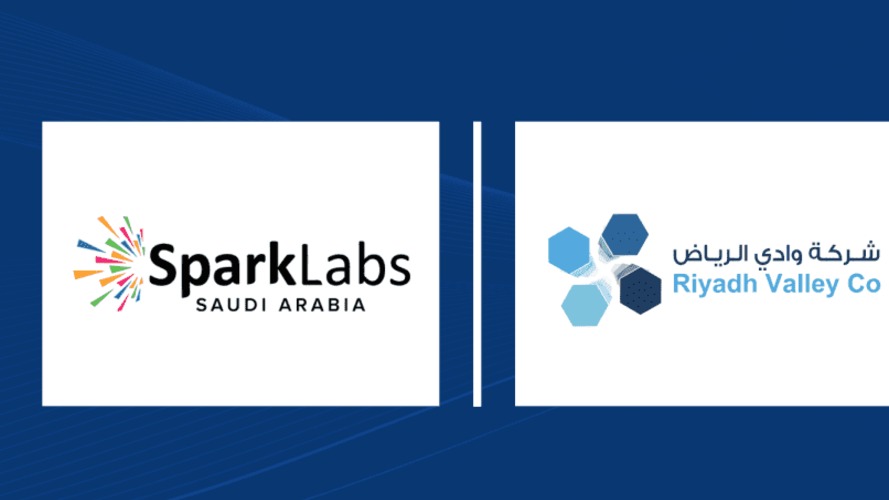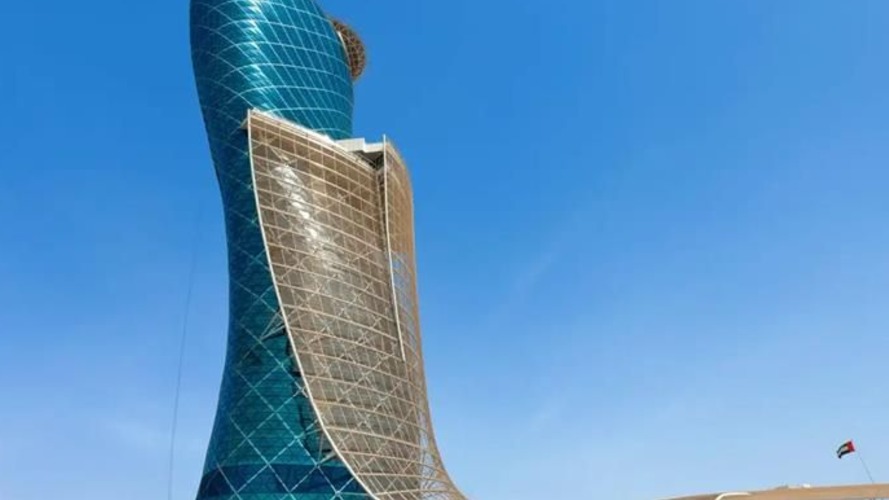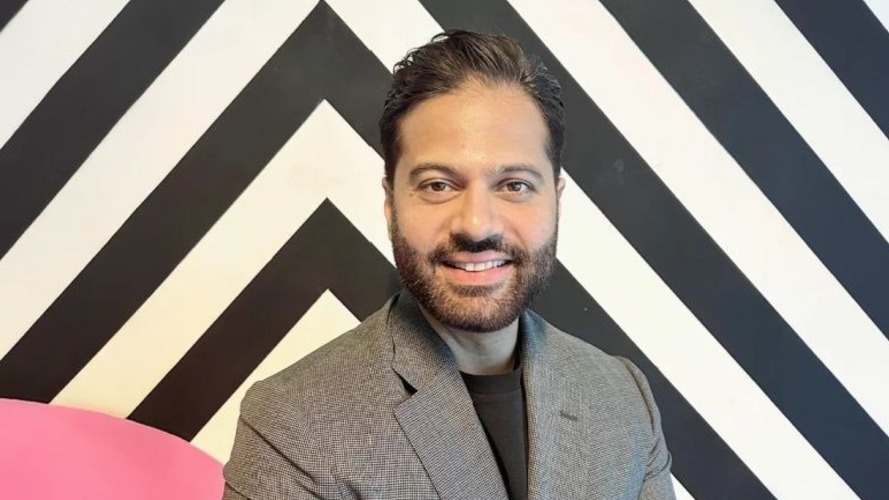Middle East family offices are shifting from wealth preservation to direct startup investments, with 290 family offices now managing over $500 billion and doubling their venture capital allocations as younger generations push into tech and AI.
For decades, family offices in the Middle East were known for keeping things steady—managing fortunes through real estate, construction, and safe blue-chip investments. They were custodians of wealth, ensuring legacies were preserved for generations. Today, that picture is changing fast. Across Saudi Arabia, the UAE, and beyond, family offices are no longer just safeguarding fortunes—they’re placing bold bets on the future by backing startups, especially in fintech.
At the heart of this shift is a generational handover. The children and grandchildren of the founders of these great business empires grew up in a world of smartphones, online payments, and global tech giants. They understand disruption not as a threat but as an opportunity. For them, writing a check into a promising fintech feels as natural as their parents once buying land or setting up factories. They want to see their family names tied to innovation, not just tradition.
You can see the shift in the deals being done. In Saudi Arabia, Injaz Capital—working closely with family offices—has backed Xpence, a fintech helping businesses manage spending. In Dubai, Crescent Enterprises set up CE-Ventures and was an early investor in Kitopi, a food-tech company that has since grown into one of the region’s unicorns. And then there’s the Alajlan Family Office in Riyadh, which proudly says it has reviewed over 2,400 startups and invested in the best 0.5 percent, building a portfolio of more than 250 tech companies. These aren’t one-off moves—they’re signals of a new way of thinking.
For founders, a family office investor feels different from a global VC fund. The money comes with local knowledge, deep networks, and in many cases, patience. A family office can open doors at ministries, retailers, and banks that a young founder could never reach on their own. And because family offices don’t face the same pressure as traditional VC funds to exit within a few years, they can give startups the breathing space they need to figure out their model in complex markets.
But it’s not always smooth. Family offices aren’t all cut from the same cloth. Some are setting up professional venture arms with clear strategies, while others are still opportunistic, writing checks when something catches their eye. Decision-making can be quick in some cases and painfully slow in others. For entrepreneurs, that means navigating each relationship carefully, balancing opportunity with uncertainty.
What’s clear, though, is that family offices are now part of the startup fabric. They’re showing up at pitch nights, signing term sheets, and co-investing alongside global funds. They’re helping to make fintech more than a buzzword in the region—it’s becoming a business reality. And they’re doing so in a way that reflects both their heritage and their ambition.
The story of Middle Eastern family offices is, in many ways, the story of the region itself: rooted in legacy but eager to embrace the future. Where once they were symbols of preservation, today they are engines of change. They’re not just managing wealth; they’re building what comes next. For a founder walking into a family office in Riyadh, Jeddah, or Dubai, the pitch isn’t just about raising capital—it’s about joining a legacy that’s learning how to reinvent itself for the digital age.






